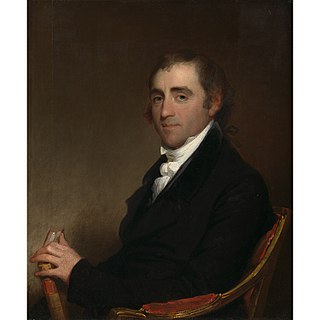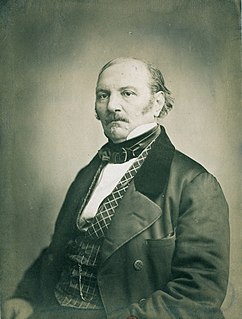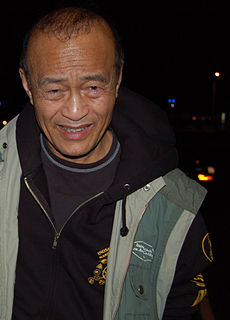A Quote by Theodore Parker
Temperance is corporeal piety; it is the preservation of divine order in the body.
Quote Topics
Related Quotes
In order to cooperate in the material worlds as agents of a divine power, the spirits temporarily have a material body. By the work required in their corporeal lives, the spirits improve their intelligence and, by observing God's law, they acquire the merits which will lead them to eternal happiness.
The corporeal element in man is a large screen and partition that prevents him from perfectly perceiving abstract ideals; this would be the case even if the corporeal element were as pure and superior as the substance of the spheres ; how much more must this be the case with our dark and opaque body. However great the exertion of our mind may be to comprehend the Divine Being or any of the ideals, we find a screen and partition between God and us.





































